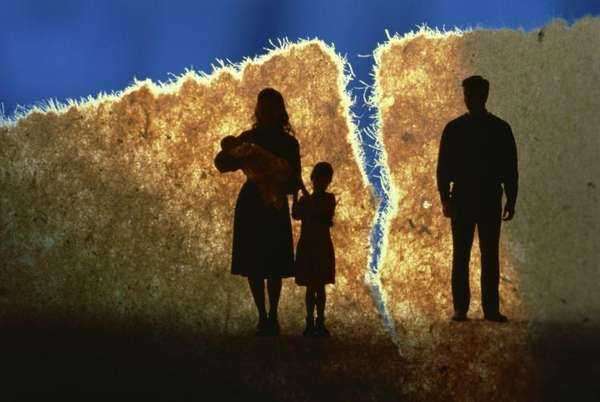Divorce Process in Indiana
Guide to the Divorce Process in Indiana

Divorcing from your spouse can damage your emotional and financial health. Understanding the divorce process in Indiana is critical if you want to seek a divorce in the state. By having a solid working knowledge of Indiana's divorce laws, you will better understand your options for seeking a divorce. This guide will help you to untangle some of the terminology surrounding divorce law and make it easier for you to seek further guidance.
Petition and Response
The divorce process of Indiana begins when either spouse files a “petition for dissolution of marriage.” This petition must contain both the grounds for the divorce and the relief being sought. In case those terms throw you for a loop, here's a two-sentence explanation: grounds just means “reason.” “Relief,” in this context, means the requested terms of the divorce.
Grounds for the divorce process in Indiana include the fault-based grounds of a felony conviction, impotence, or insanity—but the vast majority of divorcing couples chooses the “no-fault” grounds of irretrievable breakdown of the marriage.
Relief can take many forms, depending on the couple's assets and whether they have any children. Relief always includes the divorce itself, but may also include use of the marital house, child custody or visitation rights, health insurance (either for the spouse or children), or spousal support/alimony.
The divorce process in Indiana allows the other spouse to file a response to this petition that similarly declares grounds for the divorce and requests relief.
Summary Dissolution
If you can agree with your spouse about how to divide all money, marital property and parental responsibilities, you can file for a summary dissolution 60 days after the initial petition for dissolution is filed. This simpler divorce process in Indiana allows couples to move on more quickly and have their divorce finalized without the animosity of a trial.
In order to get a summary dissolution, you will need to write a settlement agreement or write that there are no contested (disputed) issues remaining to be resolved. The judge will sign off on your divorce forms and the divorce process in Indiana will be complete.
Contested Divorce
If both spouses cannot agree on one or more issues, the divorce process in Indiana gets significantly more complicated. This kind of divorce is called a “contested divorce,” and will almost always involve both spouses obtaining legal representation. If your issues cannot be resolved, the judge in your case may appoint a mediator to help you negotiate an informal, out of court solution.
If mediation fails, you will go to trial—an expensive and time-consuming part of the divorce process in Indiana. The vast majority of couples never go to trial for their divorces. If you have a divorce trial, your divorce will not be final until after it has concluded.
Divorce by Default
Most of the time, the spouse receiving divorce papers will file a response. When this doesn't happen, or when the other spouse simply cannot be located in spite of a search, the court will enter a judgment for divorce by default, which generally gives the plaintiff spouse whatever they sought in the divorce complaint.